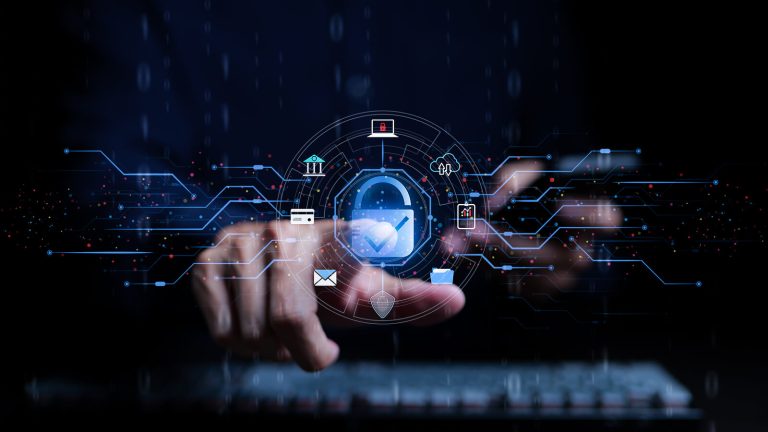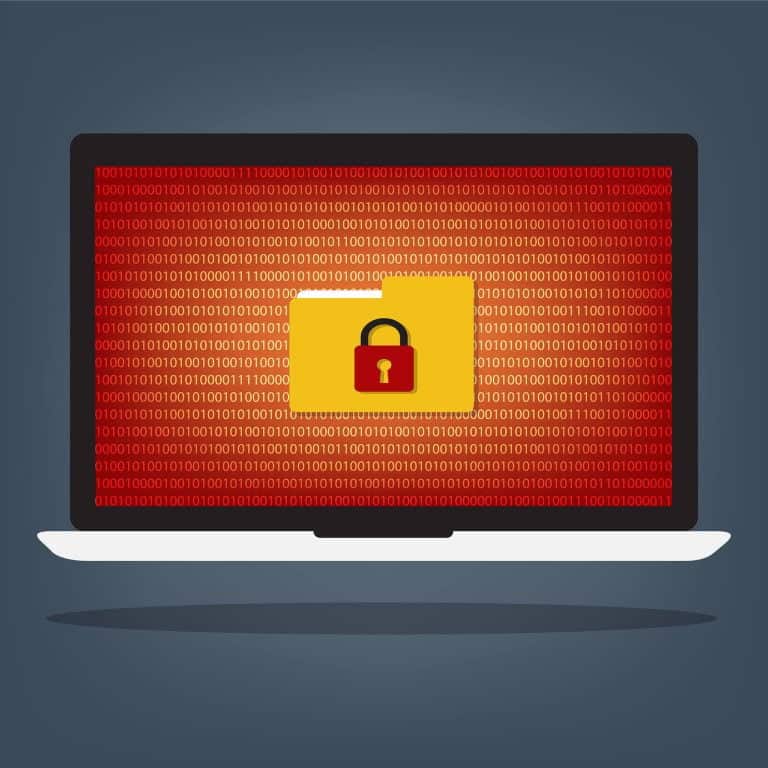Why is it important that your employees understand the importance of cybersecurity?
Table of Contents
ToggleCybersecurity can directly impact your company’s success and determine how many related incidents or issues it has. However, it can be challenging to get employees to take cybersecurity seriously, often because they believe there’s nothing they can do to impact how safe a company stays online.
Here are some things you can do to change their minds and make them see the importance of cybersecurity. They can learn that when it comes to information security, it’s a matter that’s at least partially within their control.
Importance of Cybersecurity – Change the Way You Train
A recent cybersecurity survey of people who received relevant training at work found that the majority of them failed a basic security quiz. However, that doesn’t mean education is not worth pursuing. Instead, the best approach may be to alter your program so people find it more engaging and interesting.
The most desired change illuminated by the cybersecurity study was that people wanted the content presented in simpler, less technical language. Remember that many team members may not come from IT backgrounds like the people preparing the training likely do.
Some survey respondents said they would prefer if the training occurred in shorter modules, while others wished it was more fun. It’s worth asking your team members what they dislike most about cybersecurity training, and more importantly, how your company could improve it. When you care about what workers think, employees are more likely to stay motivated.
Also, keep in mind that people have different learning styles and preferences. Although most of your company representatives may prefer learning through interactive games or something similar, the organization almost certainly will have people who would rather receive the material in more traditional ways, such as by reading chapters.
When possible, give people choices, such as when they complete the training and in what format they receive the information. That’ll make it easier for them to be trained in the ways that suit them best rather than giving them the impression they’re locked into a single approach.
Importance of Cybersecurity – Emphasize That You Recognize Employees’ Capacity for Growth
No organizational leader can expect employees to automatically know cybersecurity best practices and how to follow them. That’s why business decision-makers must assess the need for employee evolution. That starts by helping workers understand which cyberthreats they face daily. Next, look for any weak spots in their knowledge or behaviors.
Rather than getting upset when you find those shortcomings, show employees that you believe in them and that they’re capable of improving. One possibility is to identify an issue affecting all or most of the workforce and start from there in helping employees grow.
One recent study found that 57% of American employees wrote passwords on sticky notes. Another 62% of respondents said they put their passwords in notebooks or journals, then often keep those resources near their workstations where anyone could see and use them.
Maybe password visibility causes problems for your company, too. If so, using a password manager could be a straightforward solution. Aim to put yourself in the position of an employee who has a bad security habit, such as writing their login information down.
They’re most likely not acting maliciously but want to bring more convenience to their computer usage. Explore how you could help workers achieve that while strengthening their awareness of the importance of cybersecurity.
Relate Cybersecurity to Things That Matter to Your Team
It’s also helpful to frame the importance of cybersecurity in ways that make sense for most of your team members. Many people see this as a distant issue that will not likely affect them directly. That reality can make it hard for them to care about online safety at your company.

For example, you could present a scenario where a ransomware attack means people can no longer work on computers and must resort to pen-and-paper methods. Most individuals can immediately imagine how challenging that would make the majority of their work. After that, talk about how easy it is for many people to fall victim to ransomware attacks, especially if they download suspicious files or respond to phishing emails.
Speaking of phishing emails, you could tie those into employees potentially losing money. Discuss how cybercriminals often create messages that center on urgency. People might be told to respond immediately to avoid missing out on receiving a shipment, having their paycheck arrive late or even getting arrested. Phishing messages always ask recipients to provide private information, such as their bank details.
Once someone does, a cybercriminal can cause significant damage, such as draining someone’s bank account of all its funds or committing identity theft. Consider giving employees real-life examples from recent news stories about what can happen. Rather than resorting to scare tactics, focus on how every employee can follow best practices to prevent worst-case scenarios.
One example is to encourage everyone to think before responding to urgent information requests. Another tip is to have people contact the supposed sender of an email through offline means. If someone gets an email from human resources asking for their Social Security number, they should contact that department by phone to confirm the request’s legitimacy.
Create and Maintain a Cybersecurity Culture
Workers are more likely to see the need for cybersecurity if their organizations uphold a strongly evident internet security culture. Getting C-suite participation for any initiatives is an excellent start. If employees see that the people at the highest level of the company don’t care about cybersecurity, they won’t, either.
Another widely utilized option is to run mock cybersecurity threat scenarios that workers must respond to and address correctly. You could also turn those exercises into games and give prizes or other recognition to the teams or people who excel compared to peers.
Making it easy for employees to follow cybersecurity best practices is vital to a highly functional internet safety culture. For example, a person may know they should report suspicious emails or file attachments after receiving them. However, if they’re not sure what the process is for alerting a superior, that knowledge becomes largely useless.
Employees quickly notice what a company prioritizes within its culture. If they perceive that cybersecurity is a defining characteristic of an organization, they’ll start realizing how crucial it is to practice online safety within all their workplace activities.
Show Employees the Reasoning Behind Cybersecurity Practices
Besides considering these suggestions, remember that employees will most readily grasp the need for cybersecurity if you explain why your organization has certain rules in place. Perhaps a company’s policy is that people must visit the IT department before using new devices at work. The logic behind that rule is that tech specialists could verify a gadget does not pose network risks before letting someone use it.
When it comes to the importance of cybersecurity, people will be more responsive to cybersecurity policies if they understand why they exist. Plan to always explain the “why” aspect behind any new rules. Employees will then have the all-important context to support those stipulations.





